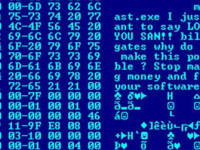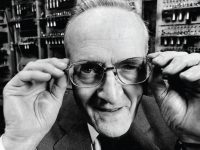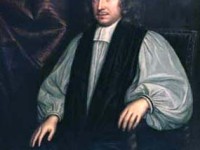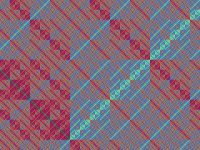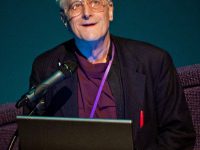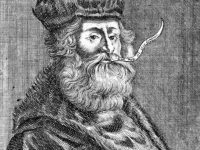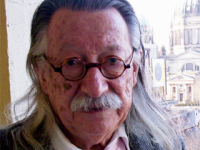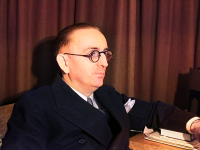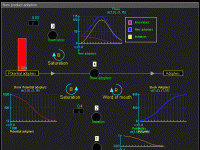Fred Cohen and the first Computer Virus
On November 10, 1983, U.S. student Fred Cohen at the University of Southern California‘s School of Engineering presented to a security seminar the results of his test, a program for a parasitic application that seized control of computer operations, one of the first computer viruses, created as an experiment in computer security. John von Neumann – the “Father of Computer Virology” But, the history of computer viruses dates back even further. The…
Read more

